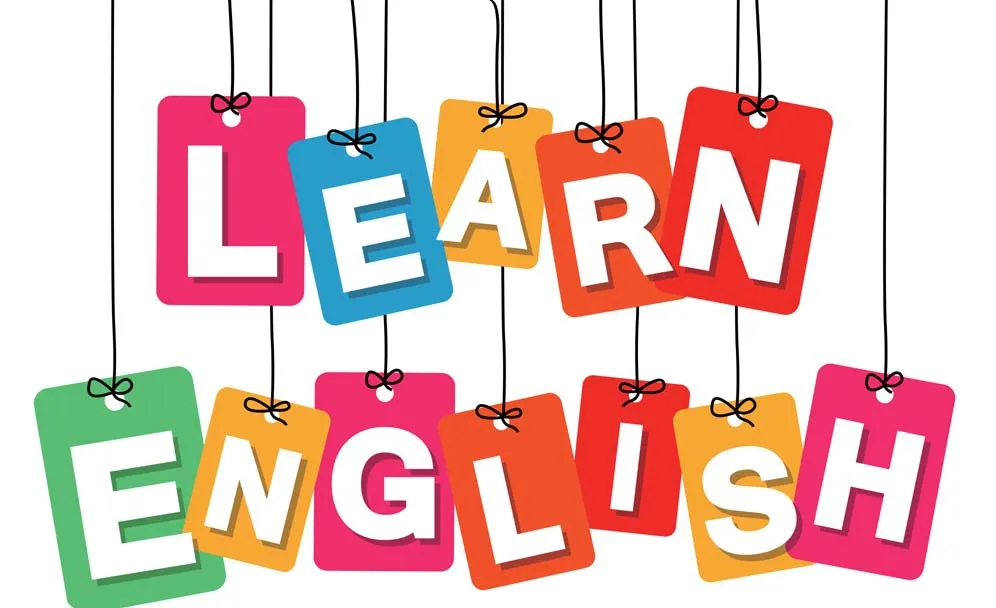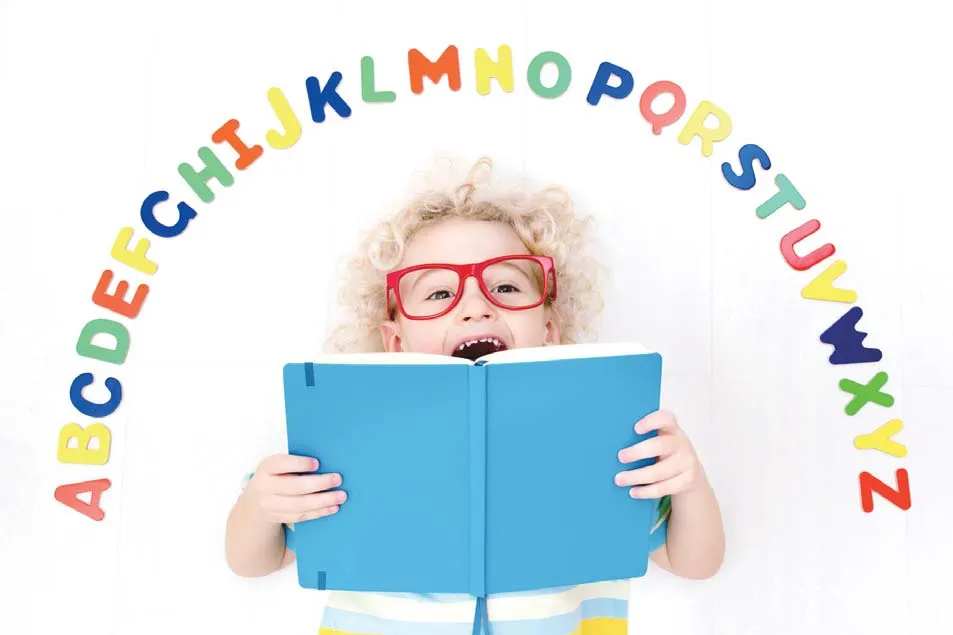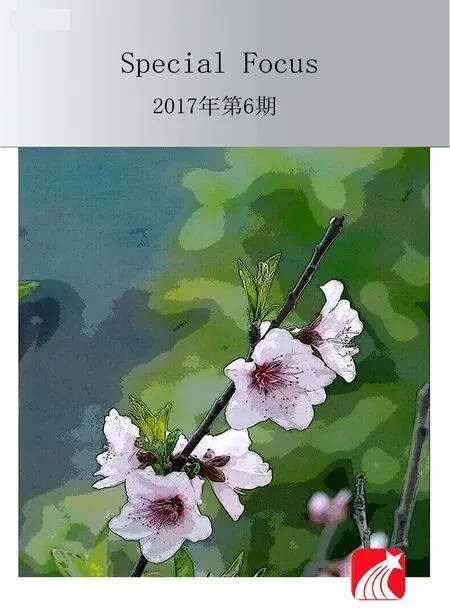The Truth about Learning English as a Second Language
Text by Luc Pauwels [Belgium]
Translation by Han Yuanjun
The Truth about Learning English as a Second Language
Text by Luc Pauwels [Belgium]
Translation by Han Yuanjun
“When is the best time to start learning a second language?”iasked my colleague this morning. It was a question like any other question. How was your breakfast this morning? Which school are you sending your kids to? Except that my question required a bit of reflection.
“I believe that the ideal age to start learning English as a second language is around the age of four as kids can learn the foreign language through games and play.” My colleague then returned.
I paused for a moment; there are a lot of misconceptions among parents and educators about learning a second language, as many falsely believe the existence of critical or sensitive periods for second language acquisition.
The Montessori pedagogy for example has built up their education philosophy completely on sensitive periods in learning a mother tongue. The sensitive period for learning to speak has been fixed by Montessori to the period ranging from 7 months to 2.5-3 years of age, for writing from it is 3.5 to 4.5 years of age, and for intensely reading 4.5 to 5.5.
You may now ask yourself if these sensitive periods equally apply to second language acquisition. What if you, as Chinese parents, use Chinese and English with your child at home? Will your child be able to speak English and Chinese well by the age of three? And what if your child starts learning English at Kindergarten; will he or she be able to write in English at the age of 5?
In my opinion, if there is a critical period for learning English as a secondlanguage, then it should be the period between the age of three and thirteen. Critical? Sensitive? Not at all.

So you better beware as there are no magical tools in second language acquisition. Do not always believe those advertisements telling us that we are only one single step away from becoming an interpreter in English, Japanese or Spanish. They are a complete sham.
As an experienced educator who has been active in education in China since 1999,ihave seen too many children learning intensive English from the age of three on, and then, six or seven years later, not being able to speak or write the most basic sentences in English.
What is going wrong with the English-as-a-second language teaching in China? Has it become over-commercialized? Or did we miss out on some important research information?
Studies in general suggest that on a cognitive and academic level, children who learn an additional language are more creative, better at solving complex problems. However, from other research we know that there are some negative aspects with teaching foreign languages at early stages or at pre-school. At kindergarten level children are not yet fully developed both physically and mentally, in which the instruction of a foreign language can confuse children. This is especially the case when English is taught and used at school only.
Research further reveals that preschool kids need to develop different types of intelligence.
A Linguistic intelligence, for example, refers to reading, writing and communicating with words; while a Logical-Mathematical Intelligence is all about reasoning and calculating; And then we have Musical Intelligence, Visual-Spatial Intelligence, Kinesthetic Intelligence, Social Intelligence, Natural Intelligence, and Introspective Intelligence, about the ability to know one’s inner feelings, wants and needs.
So, why should we over-emphasize our children’s Linguistic Intelligence? Isn’t it recommended to develop all types of intelligence at kindergartenage? And why not link all these intelligences to teaching and play with a second and possibly even a third language.
At Moreton First, an elite school in Northern Shropshire in the UK, the focus is on several foreign languages instead of only one single foreign language.
Spoken English is being practicedand enhanced through songs, stories, rhymes, and role play.
French language then comes in, without the children even realizing that they are learning another foreign language, following story book adventures in French, using the music and drama, singing along French songs.
Next, Mr. NiHao walks into the classroom, engaging the children in games using Chinese greetings and phrases through play and dance.
Finally, pre-school aged children move to a home corner that is dotted with Spanish labels, in which a fluent Spanish teacher plays games with the children using Spanish words and phrases.
The practice at Moreton is based on the understanding that the younger the learner, the better they are at mimicking new sounds and adopting pronunciation. The brain is open to new sounds and patterns from various foreign languages.
My advice to parents of pre-school aged children is not to hurry your children into learning English as a foreign language. Learning foreign languages requires plenty of time and practice. At kindergarten, young children need time to learn through play-like activities, with language lessons being informal and playful.
We are not supposed to clutter your young children with facts to be stored and tested, but instead we should allow your children to try out their newly acquired languages without fear of embarrassment.
From my experience,iknow that children who grow up learning about languages develop empathy for others and a curiosity for different cultures and ideas.
And towards foreign teachersiwould like to share some tips in teaching English, French, Spanish, or even Chinese as a second language.
1. Learn by doing. Play grocery store, make a snack, or take a walk. While you are interacting with the children during these activities, speak a second or third language.
2. Learning should be fun. The more fun it is to learn a language, the more a child will want to stay with it.
3. Learn with music and rhythm. Music is one way to use the whole brain. Do you still remember the songs you learned in early childhood?
4. Learn with lots of movement. The brain and the body are one and actually we learn more when we move as we learn.
5. Learn by touching. Do little finger rhymes in a second language
6. Learn by tasting. Learning by eating foods and saying the food names in different languages
7. Learn by smelling. Hide objects in a bag, and have the children guess what is inside. Encourage them to say the new word in one of the foreign languages.
I wish you all a buenas dias / Yoi ichinichi o / Sch?nen Tag noch!


